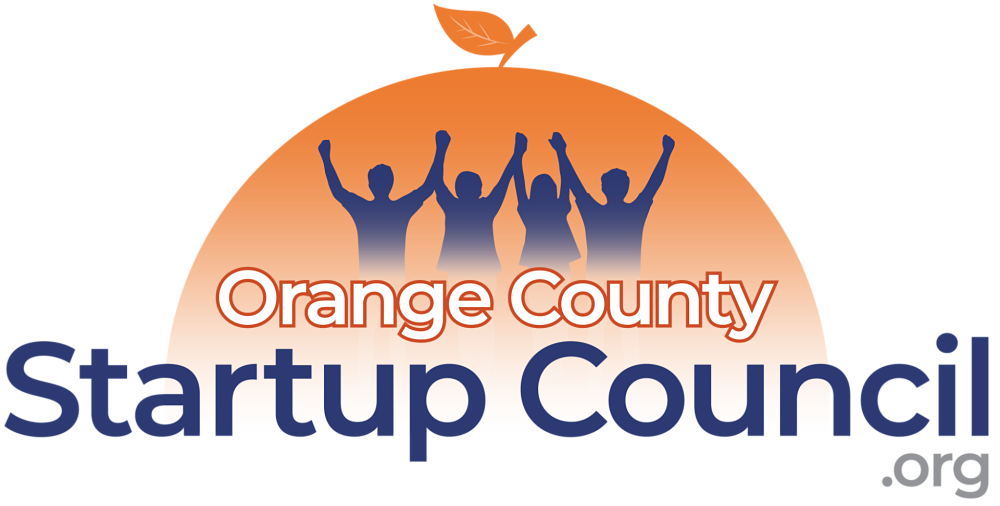How Founders Can Lower Seed Round Costs
A Thought Leadership article we liked from Silicon Hills Lawyer:
How Much Seed Rounds Cost – Lowering Fees and Expenses Safely
TL;DR: There are effective and efficient ways to lower your closing costs, in terms of legal fees and other expenses, for your seed round.
But be mindful of the lean v. cheap distinction. A lot of founders myopically over-cut corners thinking that minimizing negotiation or deal structuring saves them money. This can easily cost 10-20x+ long-term in terms of economics (dilution) and governance power, because teams end up mindlessly signing terms against their interests. Thoughtful customization, combined with lean process and tools, gets you to a better outcome. Thinking lean – balancing flexibility, optimization, and efficiency – but not short-sightedly cheap, protects you from being penny wise but pound foolish.
There are two broad categories of costs for closing a seed round:
- Legal Fees – Including whether you are using an incumbent “BigLaw” firm or a leaner boutique, and how you structure the round.
- Post-Closing Expenses – Including state and securities filing fees, as well as 409A/cap table software costs
Seed Round Legal Fees
BigLaw v. Elite Boutique?
Without a doubt the two most significant drivers of legal fees are: (1) the type of law firm you are using, and (2) the round structure (contracts) you and your lead investors choose. For a deep-dive on the “type of law firm” issue, see: Startup Legal Fee Cost Containment (Safely). In short, what has happened over the last decade or so is the incumbent Silicon Valley-based firms (BigLaw) have raised their pricing and grown so bloated (IMO) that they have simply overshot the needs of a huge segment of the startup ecosystem, especially at the earlier stages.
Granted, the market has historically not done a very good job of offering viable, credible alternatives to BigLaw in this space. What we’ve more often seen is (what I lovingly call) “shit firms” full of cheap but poorly-qualified lawyers, or peddlers of half-baked legal automation software that simply can’t handle the contextual nuances of high-growth companies. Lean but still elite boutique law firms, like Optimal (our firm), offer a more balanced package of highly-trained and credible professionals, including top-tier Partners, but lower costs derived from a more efficient firm operating structure.
To put this into more concrete numbers: a Partner in an incumbent “BigLaw” SV-based law firm will typically cost at least $900-1400 per hour (I did not add an extra zero there), often more. At an elite lean boutique firm, the Partner will have an extremely similar background in terms of credentials, training, and experience, but be more like $450-650 per hour. Certainly not cheap – remember Partners don’t do most of the work in early-stage, they oversee things (quality control) and strategize with the C-suite and Board – but dramatically leaner than BigLaw. What allows leaner law firms to do this, while retaining top talent, is that they “burn” so much less money than firms built on traditional operating models. They can pay lawyers extremely well, but at lower rates.
Convertibles (Note or SAFE) v. Equity (Seed Equity or NVCA)?
The second big driver of legal fees in a seed round is the contract structure you and your investors use. Certain market players like to pretend as if this decision is very easy and simple, often because they make money nudging you in one direction, but it really is not that universal or clean cut.
Convertible instruments (convertible notes or SAFEs) are most certainly cheaper to close on and negotiate. Even within that category, however, there are key nuances. For example, whether there’s a valuation cap or not, whether that valuation cap is post-money v. pre-money, and of course whether you’re using convertible debt (notes) or SAFEs. Good reading on this: SAFEs v. Convertible Notes and A “Fix” for Post-Money SAFEs. These nuances can have enormously consequential (economically) impacts on a company.
While the big positive of convertible notes and SAFEs is speed and simplicity, their primary downside is...
Read the rest of this article at siliconhillslawyer.com...
Thanks for this article excerpt to Silicon Hills Lawyer.
Photo by Mikhail Nilov
Want to share your advice for startup entrepreneurs? Submit a Guest Post here.
